The Self-Development Blueprint: Habits, Mindset,
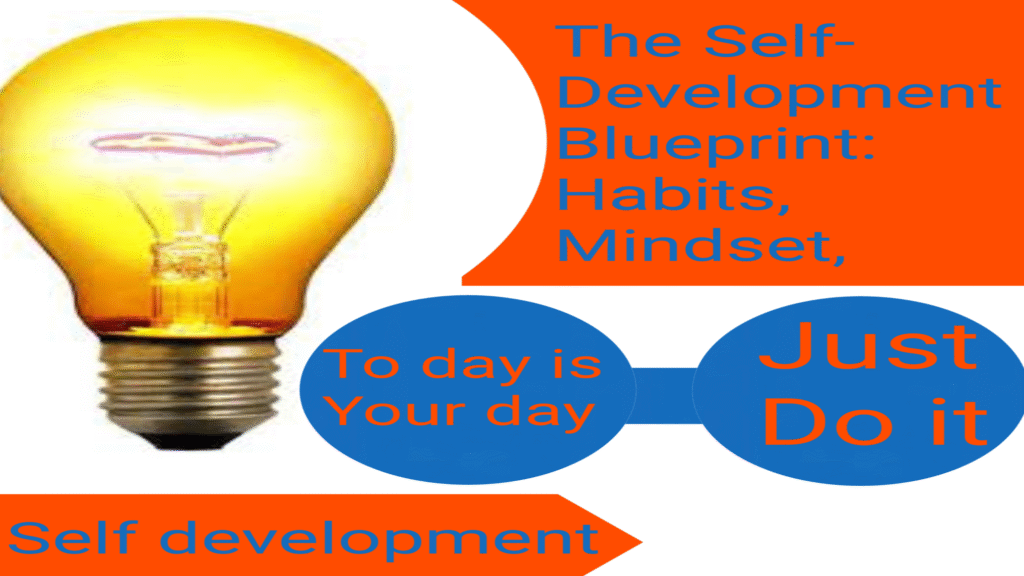
Personal development does not involve changing who you are, but rather about just being more the you of you, on purpose. Personal development requires on self-awareness, and a commitment to your own personal development in a world that is designed to take you in a thousand different directions. Personal development consists of two parts – (1.) your habits, and (2.) your mindset. Your habits determine what you do, and your mindset determines how you view the world. Together, your habits and your mindset form your personal development map.
A Short Story: Ana’s slow but intentional change
Ana had always done what society expected her to do, attend school, find a stable job, and in comfy predictable social and habitual zones. She would often reflect on how each day felt like a repeat of the previous day. Deep down she really wanted more. More creativity, more clarity, more joy…. she just didn’tOne night, as she mindlessly scrolled on social media again, as she had with no intention or agency, Ana picked up her journal and wrote: “What if I made a little decision to try on being some different, just for a day, to be better?”
Ana woke up 10 minutes early the next day, and started a habit to start journaling. After a few isolated journaling habits, she established a 15-minute walking habit. Some days passed by, and she began listening to self-development podcasts in her car, instead of driving to work in silence, and before Ana knew it, she was actively developing and pursuing her own self-development… and opportunities began to show up for her about her self-development. After a month of cultivated the self-development podcasts and the daily walking habit, Ana started seeing results. Only her days were not a repeat, they started almost feeling like a slowly progressive forward.
But, Ana did not change her life in any radical ways, she only started to open opportunities for positive actions and on-going choices that she had not created over those couple months. And, she formed the new habits every other week, she felt less confused, more intentional, and maybe even proud of the woman she was still developing into.
Part 1: Habits – the “Little” Things that Matter
Habits are the things we have without intention, and almost automatically yet, ultimately habits lead to how we get our desired outcomes, how we feel, and how we develop.
Change can start with little things.
You do not need to make big changes that are hard to track, or worry about limitations, to make a change. In fact, little habits are in many ways less likely to mess with you
- If you wish to be fit – walk for 15 minutes?
- If you wish to read more – read one page per night?
- If you want to be creative – doodle for five minutes, without making it look perfect?
Little doesn’t mean or isn’t important, little also may mean it is intentional, a real intention, it is creating that is sustainable, that may lead to a bigger outcome.
2. The Subject Of Context
As long as you are treading on the distinction between have will and will not, there can only be context. Context is the thing that builds you and context is breathing life into this form at its most raw version. – Always have a book close to your bed, and not a phone. – Your bedroom is your ideal, best contextual place to establish a journaling practice because your bedroom is literally next to where you sleep (#nojudgementplease #honeybadger). – You create notifications for when you are pursuing richer work – you are intentionally contextual, Context can be your best friend for success and context does not take a lot of power to flip flop into existence other than the power to create a conceptual context for context.
3. WRITE, REFLECT AND CHANGE
You could complete a mainly habit tracker once monthly that has no weekly reflection from a focus area or you think if you reflect with a focus area once per week: what went well this week? what habit could I create a different manageable for? what learning did I have this week? You don’t even need to be human perfection, physically and philosophically, and that is the value.
Part 2: MINDSET – How your thinking and actions develop
Mindset is your overall internal GPS – how do you interpret situations particularly challenges, obstacles, and changes?
1. Be a learner.
A growth mindset understands that you can improve, if you have the effort, the time, and practice. A growth mindset is a space for you to notice meaning in effort where you can elucidate the difference exemplified in effort based upon strength and not effort based upon wasting anxiety about effort. So rather than say: “I am a failure” you can say: “I am moving forward”. When you jus do it, sometimes all you need to do is know that you are allowed to think about getting better at stuff when you can not already paddle harder knee-deep into improving all the time.
2. Change the way you self-talk
Self-talk is identity. You can choose the upper-limit of negative self-talk to occupy your mind….but you will always have self-talk responses or self-talk behaviours to manage. Rather than say? “It does not matter, I am not going to get better anyway!”, you can say: “I have struggled with this before and now I am already doing it”! Be the coach or the guide and not the abominable opposition!
3. Use your mistakes as feedback
Mistakes are not solutions, mistakes are part of the learning process. Everything that we represent is a learning opportunity based off of what we learn or live through, or both.
What is it that I can ask myself?
What have learnt from my lived (or made a mistake) experiences?
If I was to go at this again, what would I do differently?
Mistakes are not solutions – Mistakes are currently presenting a new opportunity to max-out again! At that point we only wanted you to move – we just wanted to get you moving- move into creating Personal Blueprint, you will find a very rookie blueprint/matrix template we have created below and you can use this blueprint/matrix to begin to create your personal blueprint:
Focus AreaYour Action Step Morning
HabitStart your day off with 5 minutes of silence, journaling, or stretchingThought ShiftBest to switch “I failed” to “I’m learning”Your SpaceRemove one distraction, find a replacement, and make it a growth tool each weekWeekly ReviewWrite down what you did well, what challenges you, and what you want to tackle nextCommunityShare your growth activity intentions with someone who will support you.
Final Thoughts:
Create Yourself IntentionallyYou don’t need to have it all figured out. You don’t need to change overnight. You just need to start. Gently, honestly, consistently.The inevitable future self you want is not unreachable. They exist within you; they are just waiting on the right habits, mindset, and time to emerge.And that time? It can start right now.Would you like a printable version, social media thread, or an expanded e-book version? I’d be happy to create it for you!

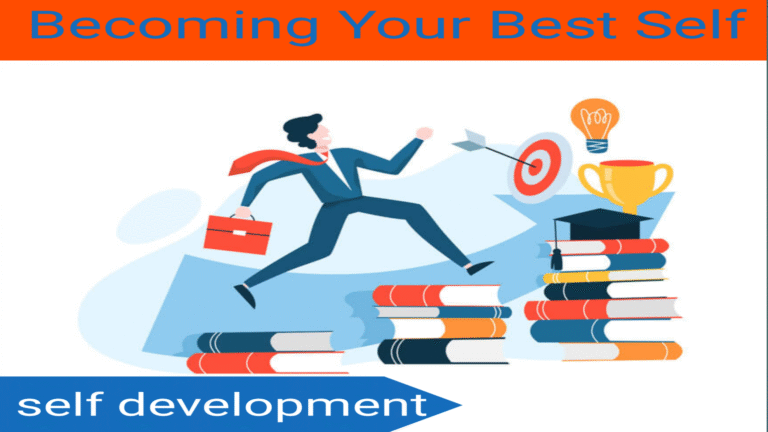
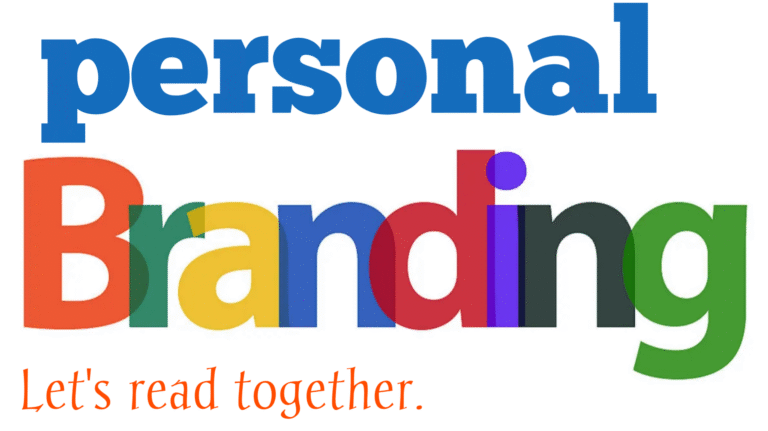
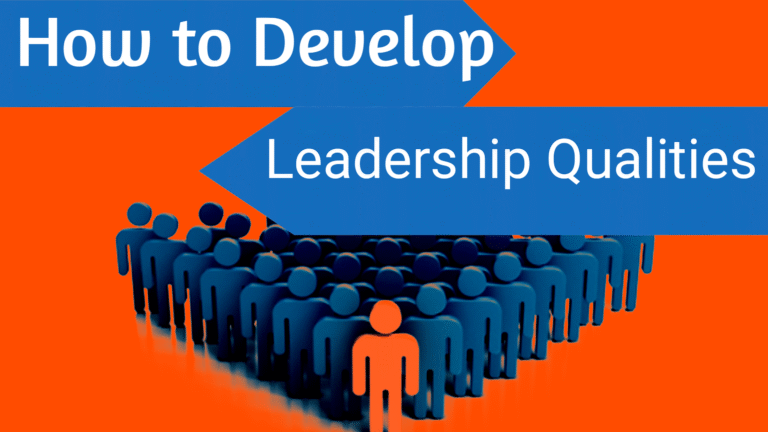
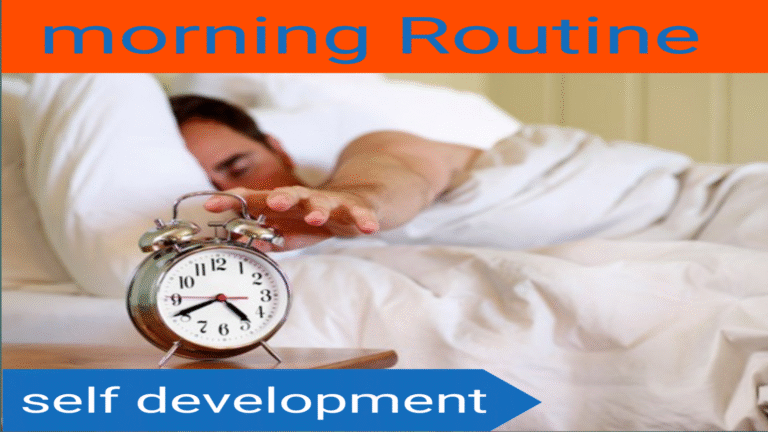
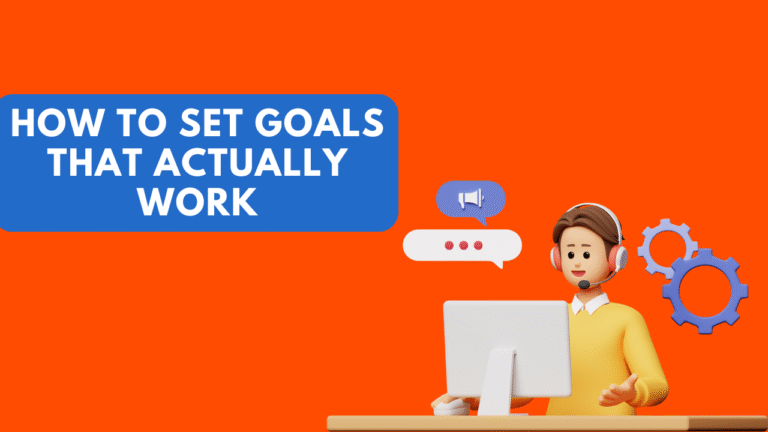
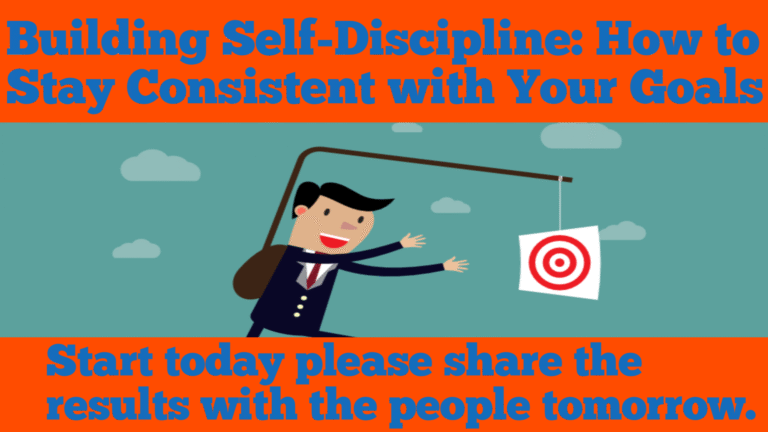
Эксклюзивные бонусы в казино Драгон Мани
dragon money casino официальный https://www.casinowild24.com/ .
Repair Mistakes, during maintenance, of industrial equipment, to be aware of beforehand.
best practices for HVAC upkeep http://i-repairing.com/the-ultimate-guide-to-renting-a-house-everything-you-need-to-know/ .